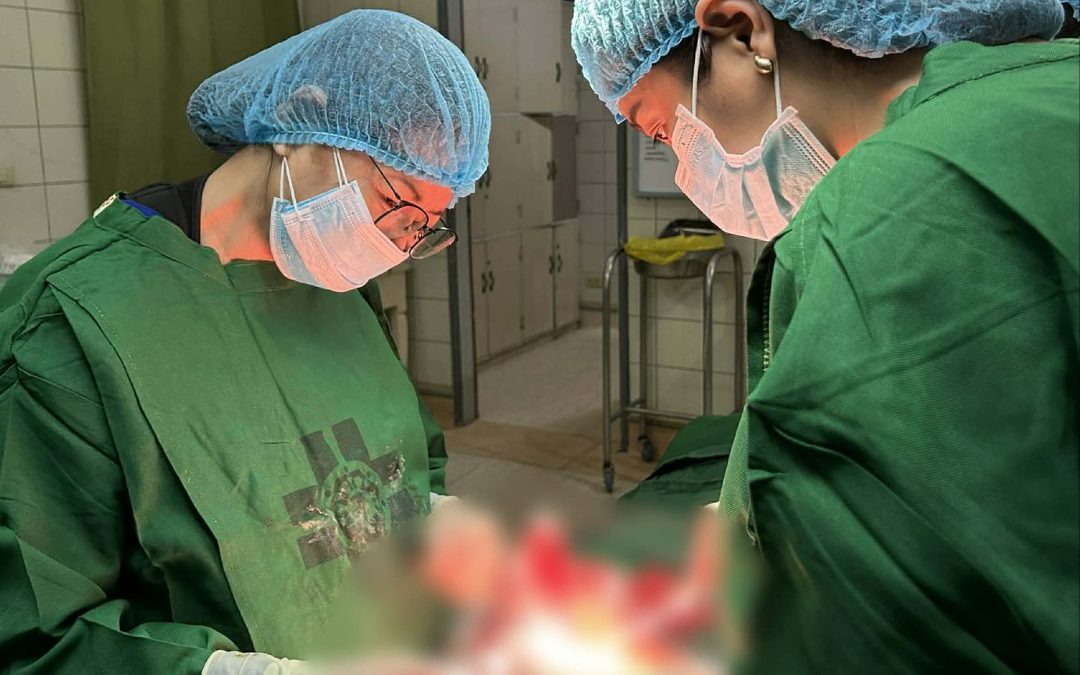Gastritis is a condition where there was inflammation, irritation or erosion of the stomach gastritis. The inflammation of gastritis is most often the result of infection with the same bacterium that causes most stomach ulcers or the regular use of certain pain relievers. Drinking too much alcohol also can contribute to gastritis. they can be readily diagnosed by endoscopy, x-ray, breath test and stool test.
The signs and symptoms of gastritis include:
- nausea
- vomiting
- a feeling of fullness in your upper abdomen, particularly after eating
- indigestion
- Gnawing or burning ache or pain (indigestion) in your upper abdomen that may become either worse or better with eating.
Causes
Weakness in your stomach lining allows digestive juices to damage and inflame it, causing gastritis. Having a thin or damaged stomach lining raises your risk for gastritis. A gastrointestinal bacterial infection can also cause gastritis.
The following factors increase your risk of gastritis:
- Bacterial infection
Although Helicobacter pylori infection is one of the most common human diseases worldwide, only some people with the infection develop gastritis or other upper gastrointestinal disorders. Doctors believe that vulnerability to the bacteria can be inherited or caused by lifestyle factors such as smoking and food.
- Regular use of pain relievers
Pain relievers commonly referred to as nonsteroidal anti-inflammatory drugs (NSAIDS) — such as ibuprofen (Advil, Motrin IB, others) and naproxen sodium (Aleve, Anaprox DS) — can cause both acute gastritis and chronic gastritis. Using these pain relievers regularly or taking too much of these drugs may reduce a key substance that helps preserve the protective lining of your stomach.
- Older age
Older people are more likely to develop gastritis because the stomach lining thins with age and because they are more likely to have H. pylori infection or autoimmune diseases, compared to younger adults.
- Excessive alcohol use
Alcohol can irritate and erode your stomach lining, which makes your stomach more vulnerable to digestive juices. Drinking too much alcohol increases the risk of developing acute gastritis.
- Stress
Stress due to major surgery, injury, burns, or severe infections can cause acute gastritis.
- Cancer treatment
Chemotherapy and radiation treatment may increase your risk of getting gastritis.
- Your stomach’s cells are being attacked by your own body.
Called autoimmune gastritis, this type of gastritis occurs when your body attacks the cells that make up your stomach lining.
- Other diseases and conditions.
Gastritis may be associated with other medical conditions, including HIV/AIDS, Crohn’s disease, celiac disease, sarcoidosis and parasitic infections.
Prevention
Preventative strategies may depend on your health and whether or not you have any conditions that put you at risk for developing gastritis. But, since gastritis doesn’t always have a clear cause, it can be hard to prevent.
- Maintaining good hygiene habits.
- Taking good care of your mental health
- Eating smaller meals more slowly and regularly
- Quitting smoking, if you smoke.
- Avoiding or limiting alcohol and caffeine.
When to see a doctor
See your health care provider if you have signs and symptoms of gastritis for a week or longer.
Your doctor will perform a physical exam, ask about your symptoms, and ask for your family history. They may also recommend a breath, blood, or stool test to check for H. pylori. In addition, your doctor may:
- Perform an upper GI endoscopy.
This is to check for inflammation in the esophagus, stomach, and duodenum. Your doctor may take a small sample, or biopsy, of the lining of the stomach.
- Perform an upper GI series.
This involves taking X-rays of your digestive tract after you swallow a barium solution. Your stomach’s cells are being attacked by your own body.
- Blood test
This is to check for other causes for your gastritis symptoms or signs of complications.
- Stool sample.
This may rule out an H. pylori infection or blood in your stool. Blood may indicate there’s bleeding in your stomach.
- Urea breath test.
This also tests for an H. pylori infection by having you swallow a urea capsule and then seeing whether you breathe out carbon dioxide atoms. This would indicate you have the infection.



